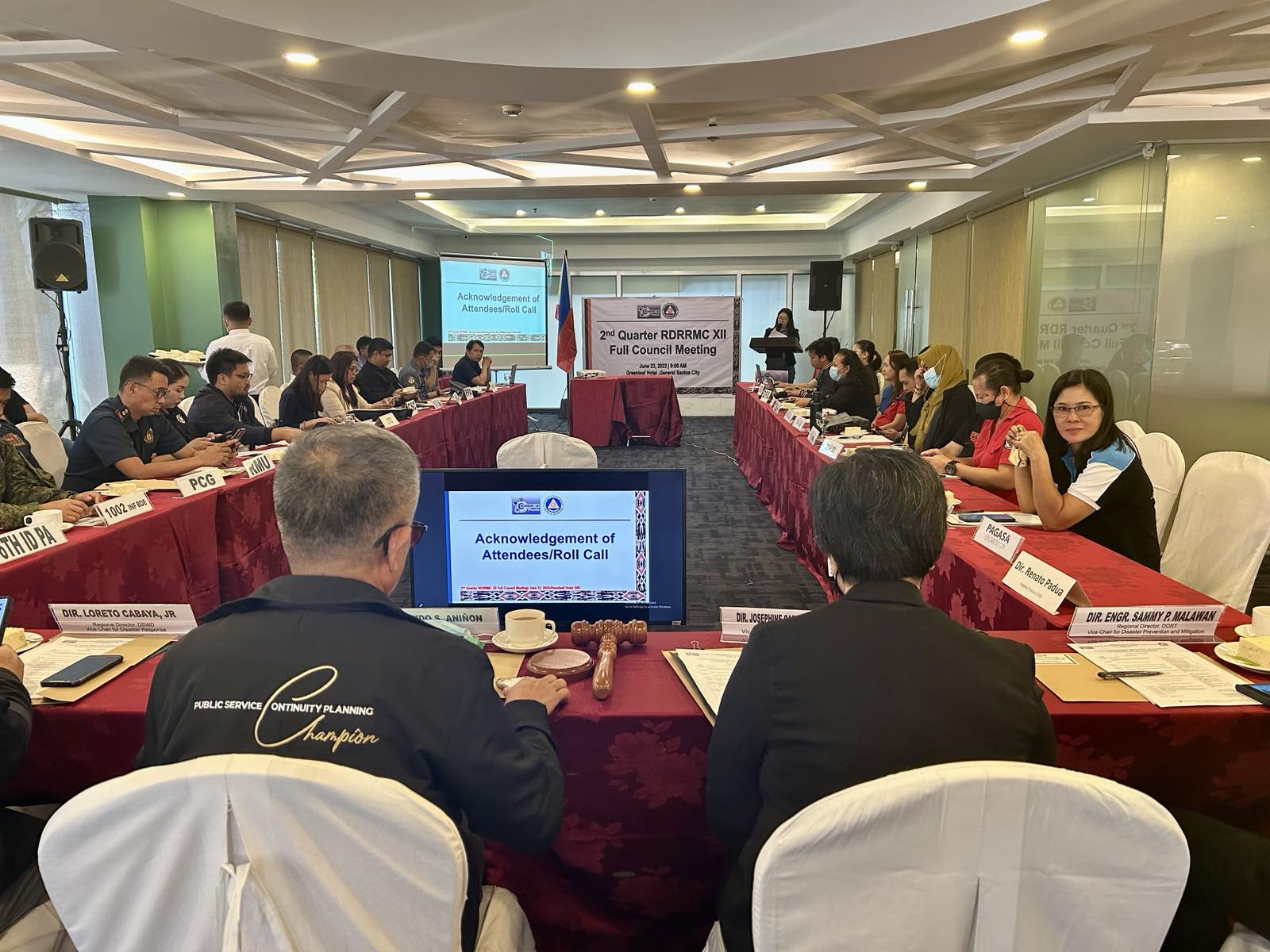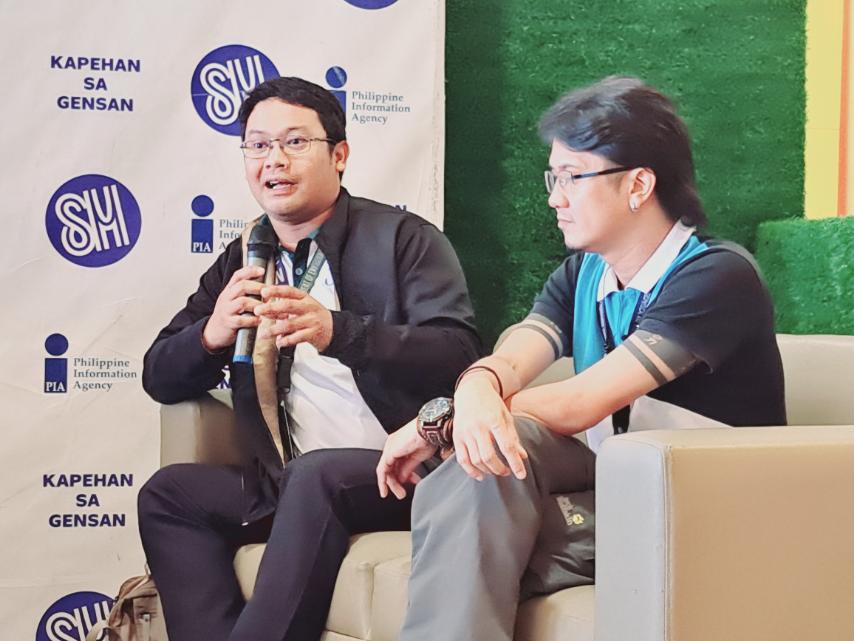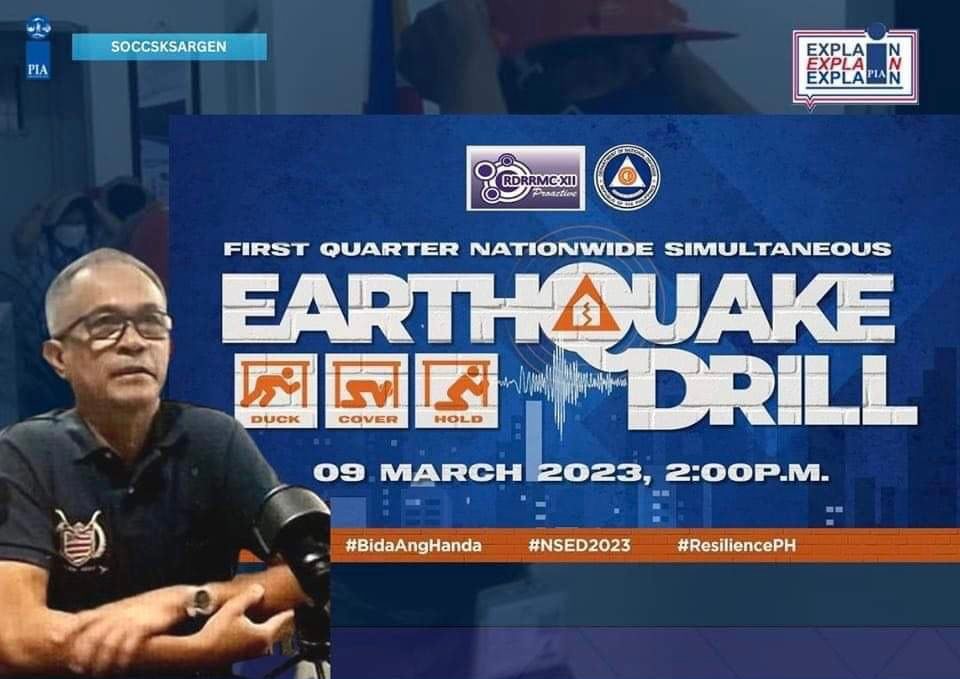
"We have learned many painful lessons from past disasters, but we continue to be alert and prepared in our disaster response."
This is what President Ferdinand "BongBong" Marcos Jr. said during his recent State of the Nation Address (SONA).
Gleaning from its past experience, the provincial government of Cotabato has vowed to strengthen its preparedness level, organizing capacity training for at least 130 volunteer responders to strengthen the province’s emergency response in the event a calamity occurs.
Governor Emmylou Mendoza says the provincial government’s thrust on Disaster Risk Reduction and Management (DRRM) is attuned to PBBM’s goal, which he emphasized during the SONA—to make response teams more adaptable, agile, and effective in times of calamities and crises.
"The provincial government is steadfast in implementing programs that would prepare every individual and every community for the effects of disasters, whether natural or man-made," she said, noting how timely the recently-concluded training was with the SONA of the president.
According to her, the training aimed to upscale the knowledge and skills of participants as partners of the provincial government in disaster and emergency response.

Housed at the 602nd Infantry Brigade Headquarters in Camp Lucero in the municipality of Carmen, the volunteer responders from the towns of Aleosan, Libungan, Alamada, and Matalam were taught about the executive course on incident command system, basic life support, and standard first aid.
They were also trained on how to do basic rope rescue, says Provincial Disaster Risk Reduction and Management Officer (PDRRMO) Engr. Arnulfo Villaruz.

Prior to this, he says the participants underwent water safety training to equip them with knowledge and skills for responding to flood incidents.
The 15-day capacity development training for volunteer responders, which started on July 3–22, was spearheaded by the PDRRMO in partnership with the Armed Forces of the Philippines, the Office of Civil Defense, the Bureau of Fire Protection, and the Integrated Provincial Health Office.
He also acknowledges the support of the different local government units for sending participants to the training. Villaruz says the participants will be deployed to be a part of the incident management team in the event of a disaster.
The volunteer responders were also taught how to suppress fire, read maps, and navigate. In addition, they were equipped with knowledge of basic field survival skills and techniques.
Gov. Mendoza expresses confidence that, with the stringent training course participants have gone through, they are now equipped enough and ready for the real deal.

The governor also thanked other stakeholders who facilitated and supported the 15-day training, which, according to her, is a sure step towards building a disaster-resilient community.
In October 2019, a series of earthquakes, the strongest being recorded at magnitude 6.6, hit the province, affecting different municipalities and ravaging most especially the towns of M’lang, Makilala, and Tulunan, including Kidapawan City.
The Office of Civil Defense XII noted that the strongest quake left 3,464 families in the province homeless, killing 20 people while also injuring 445 others, including nine individuals who were declared missing.
Governor Mendoza says they have learned so much from this experience that even if it was devastatingly painful to remember due to the number of lives lost and huge economic loss, this has taught the provincial government its lesson the hard way.
That is why, she says, the province has continuously tread the long journey of building a stronger Cotabato Province, knowing that this is the only way to prepare the province and its people to become resilient.
She then encourages her trained constituents on disaster management and response to also share their learnings and skills with others in their respective towns and communities.
As a result, the same training has been scheduled to be held for another set of volunteer responders from other municipalities in the province soon. (SJDM – PIA Cotabato Province)






